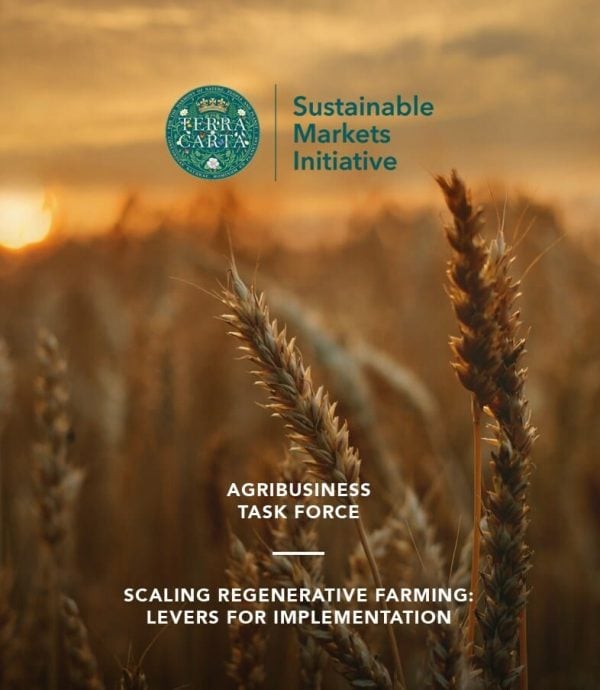Key Takeaways:
- Launch of Blended Finance Framework: The Sustainable Markets Initiative's Agribusiness Task Force at COP 28 announced a new finance framework to support regenerative agriculture, potentially unlocking trillions of dollars in funding.
- Levers for Implementation: The Task Force released a document titled “Levers for Implementation,” detailing steps to make regenerative farming economically viable and scalable.
- Cross-Industry Collaboration: Leading companies like Mars, McCain Foods, McDonald's, and Lloyds Banking Group collaborate to develop and implement these strategies.
- Addressing Climate and Nature Loss: Regenerative farming is a crucial solution to reducing greenhouse gas emissions and nature loss, contributing significantly to the land-based climate action needed by 2030.
- Policy and Economic Changes: The Task Force emphasizes new funding models, standard metrics, government policy changes, and new revenue streams for farmers to encourage the adoption of regenerative practices.
Blended Finance for Regenerative Agriculture
The newly introduced blended finance model combines philanthropic support, asset manager's catalytic capital, commercial capital from banks, food business commitments, and insurance solutions to de-risk farming. This model aims to make regenerative farming financially feasible for more farmers, addressing one of the significant barriers to its wider adoption.
Scaling Regenerative Farming
To scale regenerative farming, the Task Force proposes the introduction of standard metrics and government policy changes. These metrics provide a scalable approach to regenerative farming, and the suggested policy changes could unlock significant economic potential, estimated at $1.2 trillion globally. Policies like financial advice and training support, including regenerative farming in trade agreements and incentives for regenerative techniques, are highlighted.
Implementation and Future Goals
The Task Force is launching pilot projects in various countries, including rice farming in India and wheat and potato projects in Poland, the US, and the UK, involving major corporations and financial institutions. These projects aim to demonstrate the viability and scalability of regenerative farming practices.
Grant Reid, Chair of the Task Force, emphasizes the urgency of adopting regenerative practices to ensure the survival of farming and global food supply chains. He calls for more cross-industry collaboration and support from governments and NGOs to realize this transformative vision.
The Sustainable Markets Initiative's Agribusiness Task Force initiative marks a significant step towards transforming agricultural practices globally. By addressing financial, policy, and scalability challenges, the Task Force aims to make regenerative farming a mainstream practice, contributing to climate action and sustainable food systems.
Image provided by The Sustainable Markets Initiative



2 Comments